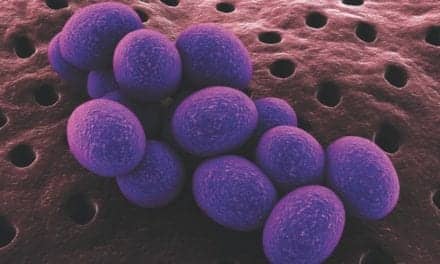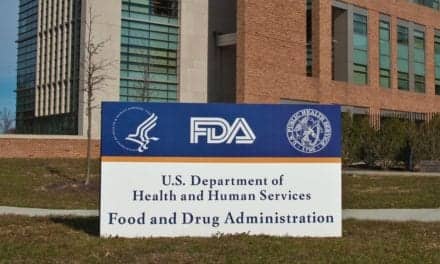A diagnostic for coronavirus disease 2019 (COVID-19) designed for use on a molecular diagnostic system that can process up to 1,000 tests in 24 hours will receive advanced development support from the US Department of Health and Human Services’ Office of the Assistant Secretary for Preparedness and Response (ASPR).
The molecular diagnostic from Hologic, Marlborough, Mass, becomes the first COVID-19 product selected for development through ASPR’s Biomedical Advanced Research and Development Authority (BARDA) streamlined selection process, called an easy broad agency announcement (EZ-BAA).
“Early, rapid diagnosis is essential for clinicians and their patients to treat infections appropriately and take immediate action to help mitigate the spread of COVID-19,” says BARDA Director Rick Bright, PhD. “While the Centers for Disease Control and Prevention and our nation’s public health laboratories are making valiant efforts in testing and surveillance of coronavirus infections, these labs could become overwhelmed as the number of suspected cases grows. Rapid, high-throughput tests are critical to provide quick results for more Americans and to aid the nationwide public health response.”
BARDA will contribute $699,000 to accelerate Hologic’s development of a test that detects the genetic material of SARS-CoV-2, the virus that causes COVID-19. Test results could be available to clinicians in less than 3 hours.
BARDA and Hologic expect that necessary development will be completed in a matter of weeks, which then would allow FDA to consider granting emergency use authorization (EUA) for the diagnostic test. An EUA facilitates the availability and use of medical products needed during public health emergencies.
The test will be designed for use with the company’s Panther Fusion system, which is available today in commercial laboratories in the United States and other parts of the world.
This Panther Fusion system provides complete sample-to-result automation with minimal user interaction and offers a broad menu of FDA-cleared tests to detect common respiratory infections. If FDA issues an EUA, the company’s existing infrastructure and supply chain would allow for rapid scale-up of the COVID-19 diagnostic, increasing access to testing for more US patients and healthcare providers in the fight against COVID-19.






